
Picture 1&2: The YEU team visited the tent where Mrs. Wiwi lived to carry out post-distribution monitoring, as well as to monitor the current condition of at-risk groups who were still in evacuation shelters.
Mrs. Wiwi Winarti (34) is a survivor of the Cianjur earthquake on 21 November 2022, who lives in Gasol Village. At the time of the incident, she, together with Imam (her younger brother) and her mother, were on the terrace of the house. While they were sitting on the terrace, a strong earthquake hit which caused the nearby walls to collapse and buried her as well as her brother. She recalled that it was as if she was thrown from the ground and finally landed with the walls buried her.
"I didn't feel any ground movement. Usually, when there is an earthquake, there will be tremors. It felt like I was being thrown up and hit by collapsed walls. I was able to see my mother trying to rescue Iwan, my brother. I was in a difficult position to be rescued. Moreover, I could not move my legs." After the earthquake, several houses immediately collapsed which hampered people from going back into their houses. It took her about to save her and immediately rushed her to the hospital.
The doctor said that Mrs. Wiwi had a fracture in the shin and needed immediate surgery. It took 11 days for Mrs. Wiwi to return home and six more months to recover from the wound in order to be able to walk again. After the medical operation, Mrs. Wiwi was still haunted by fear due to the frequent aftershocks. This was really difficult for her, as she was still in the recovery stage and was not yet able to walk.
“The time I spent in the hospital was 11 days. Maybe if I was able to immediately walk, I would just run. If there was an aftershock, I wish I could run. But I cannot do that, I always feel afraid when I'm in the hospital.”
After returning from the hospital, there wasn't much that Mrs. Wiwi could do, especially when there were still aftershocks that forced her to stay in an emergency tent, instead of inside the building. Mrs. Wiwi's daily activities are very limited, and she even needs the help of her husband or relatives just to go to the bathroom. In one communal tent inhabited by Mrs. Wiwi, there are approximately 20 other people. So they often share basic needs together, especially hygiene kits or even a blanket because it's the rainy season.
Mrs. Wiwi received a package of shelter kits and family hygiene kit provided by YEU through the support of the ACT Alliance. She felt very grateful for being able to receive the aid package from YEU. Previously, Mrs. Wiwi helped her family's economy by selling chips, but after the earthquake, Mrs. Wiwi could no longer carry out her usual activities. This caused her and her family to have difficulty in meeting their basic needs, especially when they had to live in a communal tent. Although displaced people in the temporary shelters still receive food assistance, this does not apply to hygiene supplies.
The personal hygiene package that Mrs. Wiwi received was really useful because while in the communal tents, the need to wash clothes increased. Personal hygiene items that have been used at home can no longer be used because they have been buried in rubble. Meanwhile, to buy cleaning the equipment takes money that is not small. Therefore, Mrs. Wiwi feels very grateful because in this condition where most assistance received was food, she did not expect to receive a personal hygiene package.
Shelter kit packages has also been fully used by Mrs. Wiwi's family. The tarpaulin obtained is directly used in the tent to block the rain or strong winds. The mattress immediately became Mrs Wiwi's bed, because when she fell asleep directly on the ground, Mrs. Wiwi's feet ached more often. The rope obtained was used by Mrs. Wiwi to tie the tarpaulins and the rest to dry the clothes.
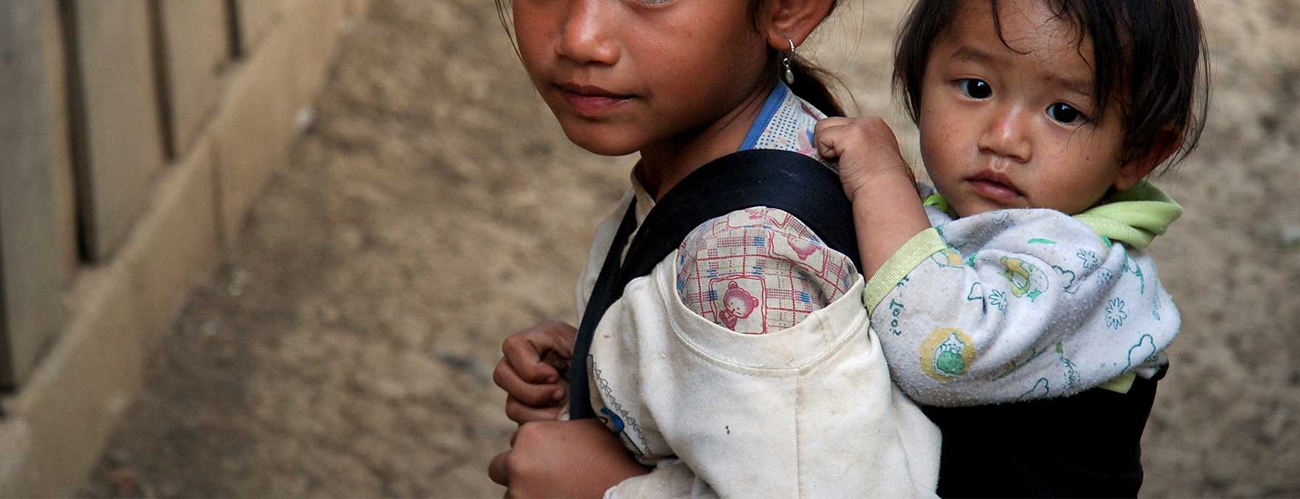
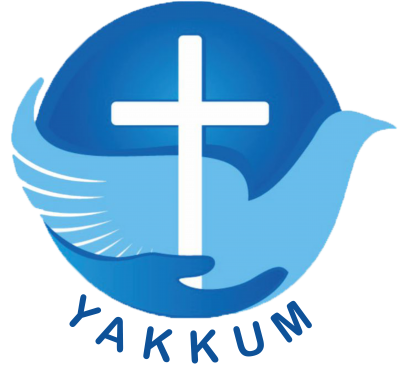
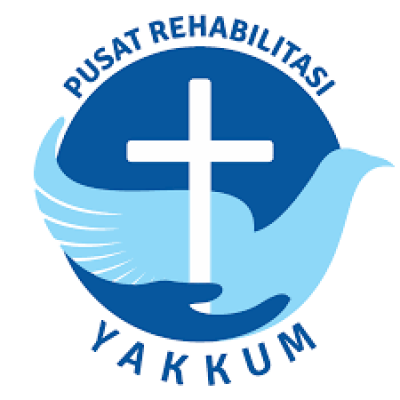


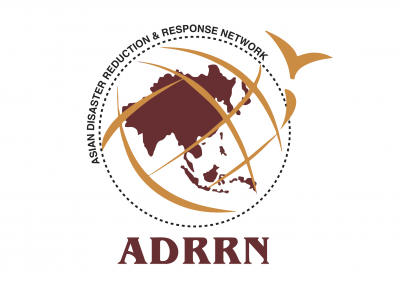





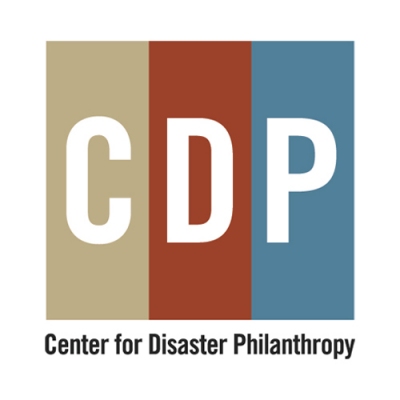
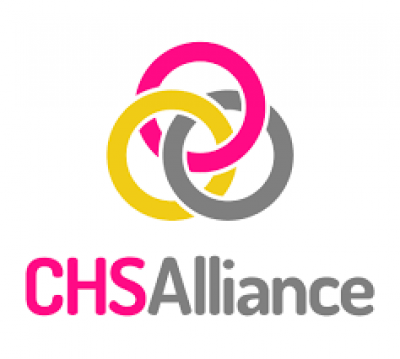

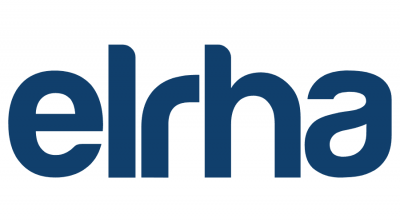
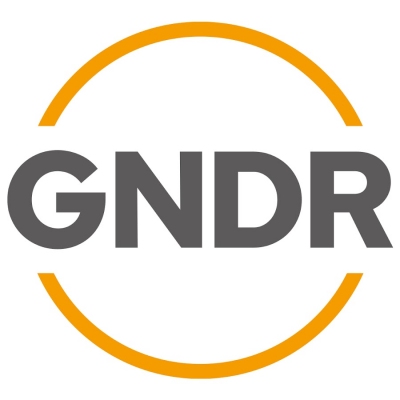
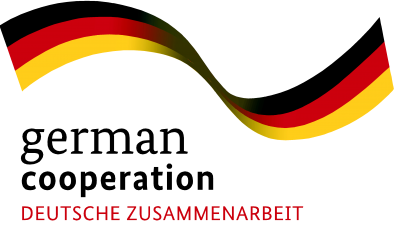
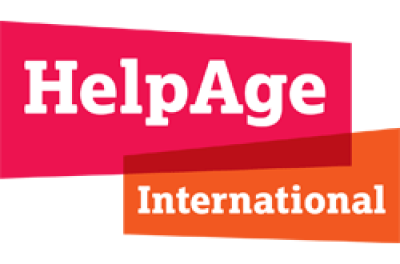






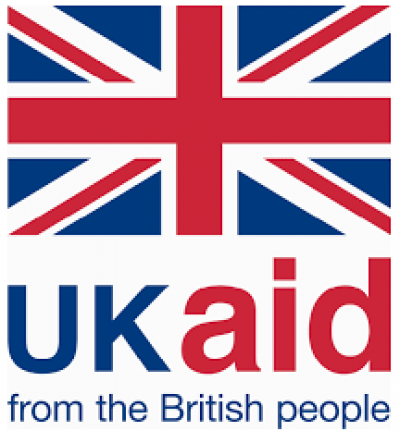

Social Media
@yakkumemergency
yakkumemergency